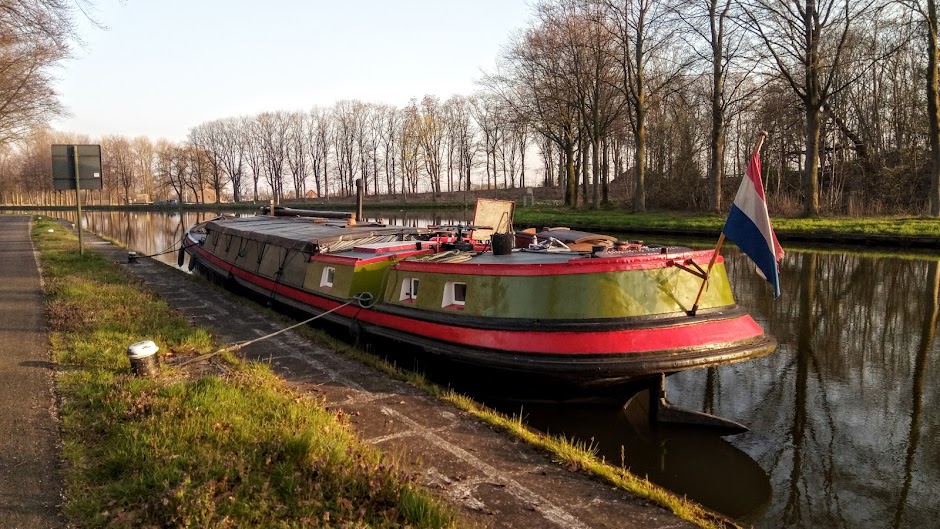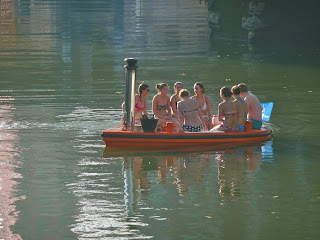But then that all went by the wayside when I learnt to type. Now my fingers seem to have taken over where my brain left off and they do their own thing with my spelling. They really do. Sometimes I can't quite believe what comes out on the screen. It's bizarre and certainly not what I had in mind. I'll type completely different words from those I was thinking of, let alone incorrectly spelt ones, and often they aren't even homonyms. It is totally and utterly baffling.
So when the Language Centre at Erasmus University asked me to write a 'difficult' text for the annual dictation competition, I was honoured and terrified in equal measure. I mean I would be seriously under the spotlight if I got anything, even so much as a hyphen, wrong. This was where I would have to prove that I was everything I'd been vaunted to be (don't ask me what that is; it just sounded good).
Now, I don't know about any of my writer friends, but I often have spells of crippling self-doubt. The word fraud frequently enters my mind when I think about my writing. So I was in something of a sweat to create a suitable tangle of spelling, pronunciation and punctuation conundrums to foil the best of the university's language masters in this serious test of their linguistic skills.
Now, I don't know about any of my writer friends, but I often have spells of crippling self-doubt. The word fraud frequently enters my mind when I think about my writing. So I was in something of a sweat to create a suitable tangle of spelling, pronunciation and punctuation conundrums to foil the best of the university's language masters in this serious test of their linguistic skills.
In the end, I sought the help of that brilliant pronunciation poem (this one) and resorted to a few choice literary adjectives such as Brobdingnagian and Hurculean. Look, neither of these is too difficult to spell, but you have to remember those capital letters, something used much less in Dutch than in English anyway. I also traded on the rules that the dictation had to be in British English, so peppered the text with words like labour, centre, travelled and instil, all of which trap the unwary students who are more used to reading in American. Mean, aren't I? Well, I had to get them somehow. Some of these cloggies are really good. But there are more than a few who think a 'lift' is Dutch, and that 'elevator' is the correct English word, so I knew I had some easy pits for them to fall into.
As has become my writing custom, I asked for it to be proofread and triple if not quadrulple checked. I really didn't want any arguments, which is what you get if there's any room for doubt at all. The only snag was that the rules also required a maximum of eight sentences. And I had to write around 350 words. You do the maths! Since I also had to read this piece of gobbledegook as part of my job, I was gasping for breath before I'd reached the end of each forty word morsel. I almost felt I deserved the round of applause the contestants gave me when I'd finished. But with heart in boots, I did my thing to completion. The pic below was taken when I was in full enunciation flow. The participants apparently liked it because they found it difficult (odd lot), and they also liked the subject: bilingualism at the university, which is something of a current hot topic, likely as it is to raise the temperature of any conversation.
But I was truly impressed. The winner made a grand total of five errors, which I think is probably fewer than I'd have got if I'd been doing it. Honestly. And she is Dutch. There was a runner-up with just seven. However, I did see one paper with 134, so for that poor soul, it was out of one pit and into the next. All in all, it was a truly enjoyable evening - in hindsight of course. But then I've always been better at pinning the tail on the donkey than seeing ahead with the blindfold off.
Have a good weekend everyone!















